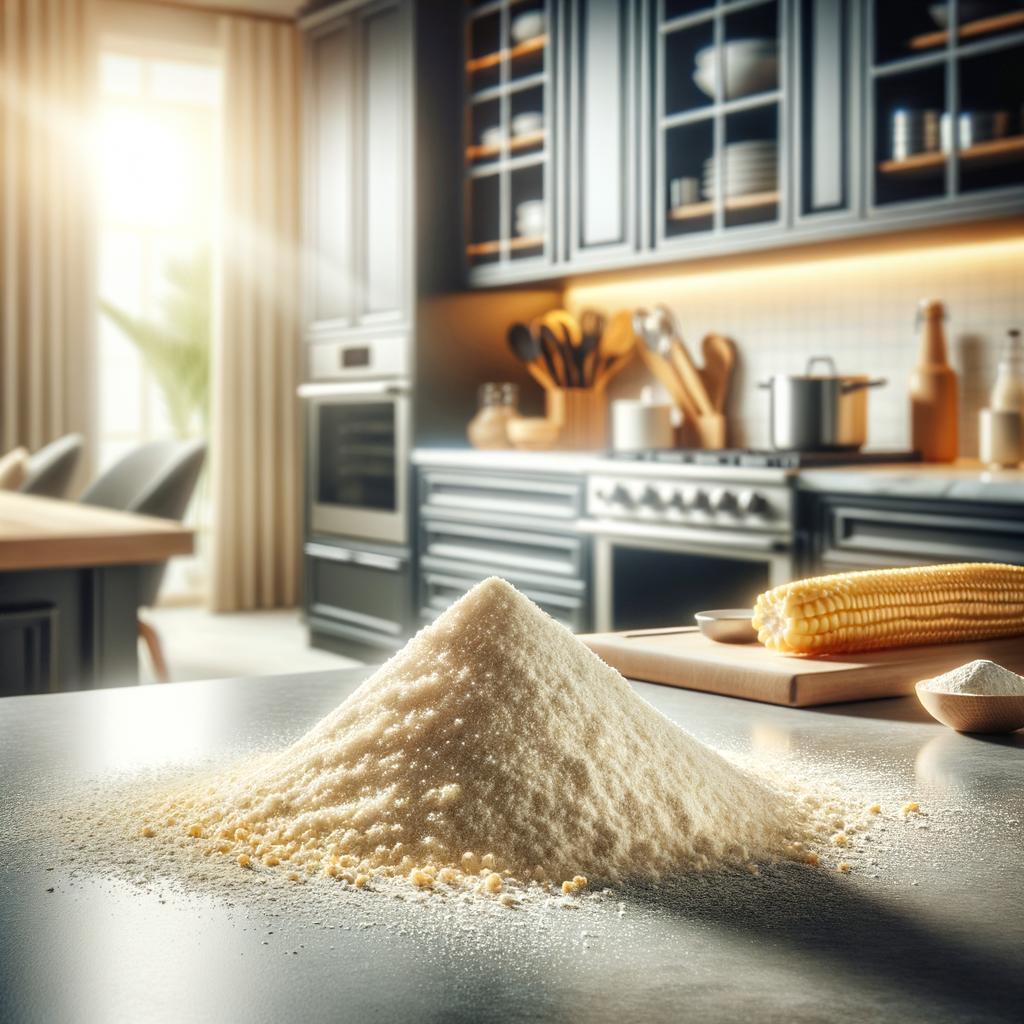Corn Masa Flour

Description
Corn masa flour, also known as Masa Harina, is a unique culinary delight that hails from the heart of Mexico. This golden-hued flour is made from hominy, which is dried corn that has been treated with an alkali in a process called nixtamalization. The end result is a soft, fine flour with a distinct, earthy aroma that is quintessential to Mexican cuisine. Its texture is slightly coarse, akin to fine sand, and it possesses a deeply nutty, slightly sweet flavor that is unlike any other cornmeal or flour. The unique characteristic that sets corn masa flour apart from its peers is its ability to bind together when added to water, forming a pliable dough, perfect for shaping into tortillas, tamales, and other delightful treats.
Primary Uses
Corn masa flour is the backbone of many traditional Mexican and Central American dishes. It is the key ingredient in making corn tortillas, tamales, pupusas, arepas, and gorditas. Besides its culinary uses, corn masa flour also holds a significant place in the cultural fabric of these regions, being a staple food for thousands of years and playing a central role in traditional ceremonies and festivals.
History
Corn masa flour has a rich and romantic history, rooted in the ancient civilizations of the Americas. The process of nixtamalization was developed by the indigenous peoples of Mesoamerica, with evidence of its use dating back 7,000 years. This process not only enhanced the nutritional value of corn but also made it a viable staple food that fueled the growth of these civilizations. Over time, the use of corn masa flour spread throughout the Americas and eventually the world, becoming a beloved ingredient in many global cuisines. There are many folktales associated with corn masa flour, including the Mayan creation myth, which tells of mankind being created from masa by the gods.
Nutritional Information
Corn masa flour is not just a culinary delight but also a nutritional powerhouse. It is rich in carbohydrates, providing energy, and is a good source of dietary fiber, which aids in digestion. It also contains essential minerals like iron, magnesium, and zinc. The process of nixtamalization increases the bioavailability of niacin, a vital B vitamin, and enhances the body's ability to absorb calcium. Compared to regular cornmeal, corn masa flour has a lower glycemic index, making it a healthier choice for those monitoring their blood sugar levels. It is also naturally gluten-free, making it an excellent choice for those with gluten intolerance or celiac disease. However, as with all foods, moderation is key to enjoy the benefits of corn masa flour without overloading on calories.

